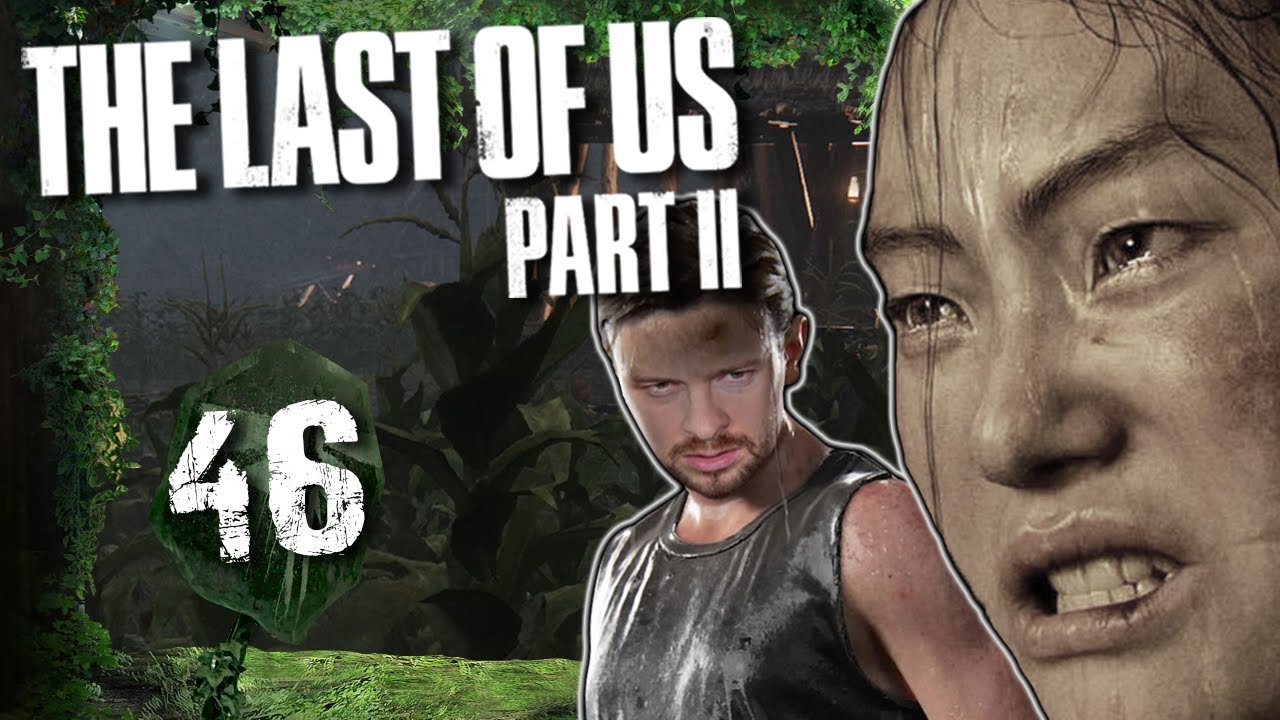
Introduction
The Last of Us, a critically acclaimed video game released by Naughty Dog in 2013, has emerged as a cultural phenomenon. This narrative-driven game, set in a post-apocalyptic world, has not only redefined storytelling in gaming but has also successfully transitioned into a television series on HBO, captivating a wider audience and sparking discussions on themes of loss, survival, and human connection.
The Game’s Story and Impact
At its core, The Last of Us follows the journey of Joel and Ellie as they navigate through the dangers of a fungal outbreak that has decimated humanity. The game’s emotional depth, nuanced character development, and immersive world-building set it apart from traditional action-adventure titles. With over 17 million copies sold by 2020, the impact of the game can be seen in the way it explores complex themes through gameplay, compelling players to confront moral dilemmas.
The HBO Adaptation
In 2023, the highly anticipated HBO adaptation of The Last of Us debuted, receiving critical acclaim for its faithful representation of the game. Starring Pedro Pascal as Joel and Bella Ramsey as Ellie, the series has drawn praise for its character-driven narrative and production quality. The show not only introduces the heartbreaking stories of these characters to new viewers but also expands on the narrative, providing deeper insights into the world around them. Viewership numbers soared, with the premiere episode becoming one of the most watched in HBO’s history, demonstrating the compelling nature of the franchise.
The Broader Cultural Impact
The success of The Last of Us franchise, both as a game and a series, has ignited a broader conversation around video game adaptations in mainstream media. With increasing acceptance of gaming as a legitimate storytelling medium, several other franchises are exploring similar crossovers. Furthermore, The Last of Us has inspired numerous discussions regarding mental health, trauma, and resilience within society, showcasing how interactive entertainment can influence real-world conversations.
Conclusion
As The Last of Us continues to resonate with audiences, its impact on both gaming and television cannot be underestimated. The blend of gripping narrative and emotional depth has set a precedent for future adaptations and creative works. Looking ahead, as more gaming franchises explore their potential beyond the screen, viewers can expect an influx of storytelling that challenges traditional norms, enriching the cultural landscape of entertainment. As such, The Last of Us may well become a case study in the successful convergence of different media forms, forever changing the way stories are told.
You may also like

The Vital Role of Live Shows in Modern Entertainment

The Journey of Chris Mason: A Prominent Broadcaster in the UK

Kym Marsh: A Journey Through Entertainment and Achievement
SEARCH
LAST NEWS
- Remembering Wendy Richard: The Promise to Co-Star Natalie Cassidy
- How Did Anglian Water Achieve an ‘Essentials’ Rating for Mental Health Accessibility?
- Shai Hope Leads West Indies in T20 World Cup Clash Against South Africa
- What We Know About Weston McKennie: Future at Juventus and Past at Leeds
- What We Know About the Upcoming Live Nation Antitrust Trial